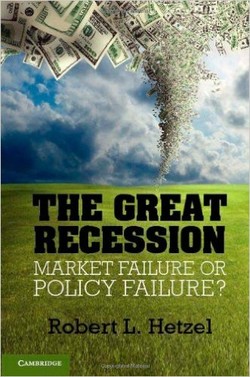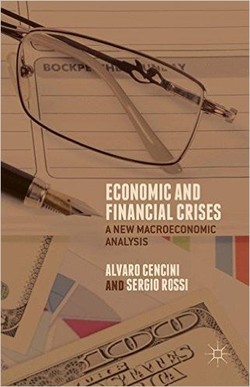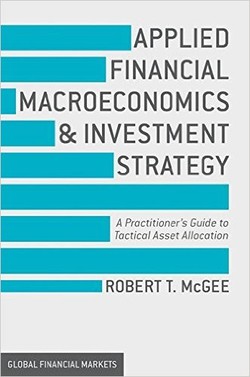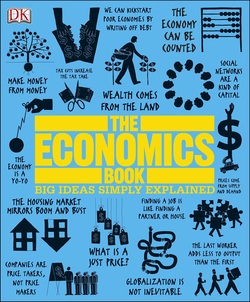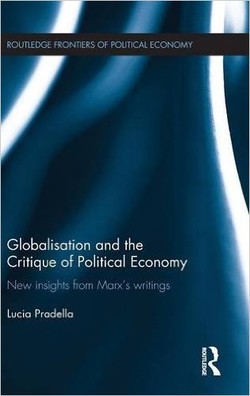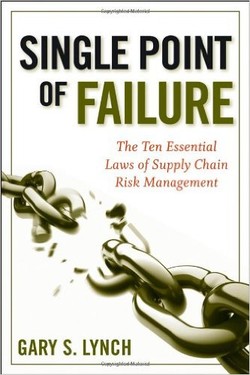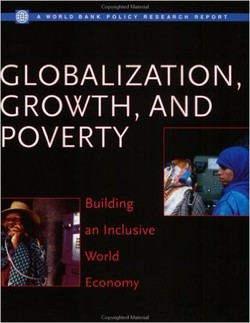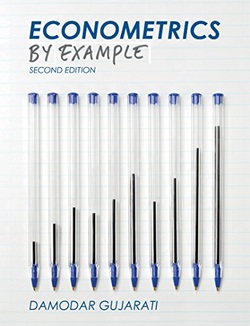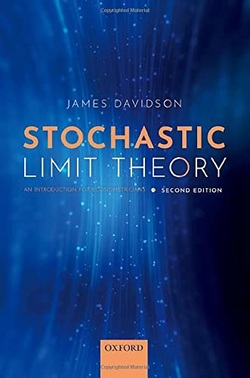اززمان انتشار سیاست پولی فدرال رزرو Robert L.Hetzel (انتشارات دانشگاه کمبریج، 2008)، اجماع فکری که اقتصاد کلان را توصیف کرده بود؛ ناپدید شده است. این اجماع بر بازارهای کارآمد، انتظارات عقلایی و اثربخشی سیستم قیمت در اطمیناندادن به ثبات اقتصاد کلان تاکید کرده است. این رکود اقتصادی نهتنها اجماع حرفهای درباره انواع مدلهای مورد نیاز برای درک نوسانات دورهای را نابود کرده است بلکه توضیحات چرخه اعتبار و حباب دارایی رکود اقتصادی که تحت سلطه تفکر در قرن 19 و در اوایل قرن 20 است را نیز احیا کرده است.
این دیدگاههای “اختلال بازار” بر ریسک مفرط در بازارهای مالی و نیاز به مقررات دولت تاکید میکند و کتاب “رکود بزرگ” درباره دیدگاه جایگزین “اختلال پولی” رکودها، به بحث میپردازد. یک بررسی از بیثباتی دورهای بیش از دو قرن اخیر، رکود 2009-2008 را در سنت اختلال پولی قرار داده است، که بر بیثباتی پولی ساختهشده توسط بانکهای مرکزی بهجای چرخه رونق رکود در بازارهای مالی تمرکز میکند.
این دیدگاههای “اختلال بازار” بر ریسک مفرط در بازارهای مالی و نیاز به مقررات دولت تاکید میکند و کتاب “رکود بزرگ” درباره دیدگاه جایگزین “اختلال پولی” رکودها، به بحث میپردازد. یک بررسی از بیثباتی دورهای بیش از دو قرن اخیر، رکود 2009-2008 را در سنت اختلال پولی قرار داده است، که بر بیثباتی پولی ساختهشده توسط بانکهای مرکزی بهجای چرخه رونق رکود در بازارهای مالی تمرکز میکند.
سال انتشار: 2012 | تعداد صفحات: 400 | حجم فایل: 4.73 مگابایت | زبان: انگلیسی
The Great Recession: Market Failure or Policy Failure? (Studies in Macroeconomic History)
نویسنده:
Robert L. Hetzel
ناشر:
Cambridge University Press
ISBN10:
1107011884
ISBN13:
9781107011885
